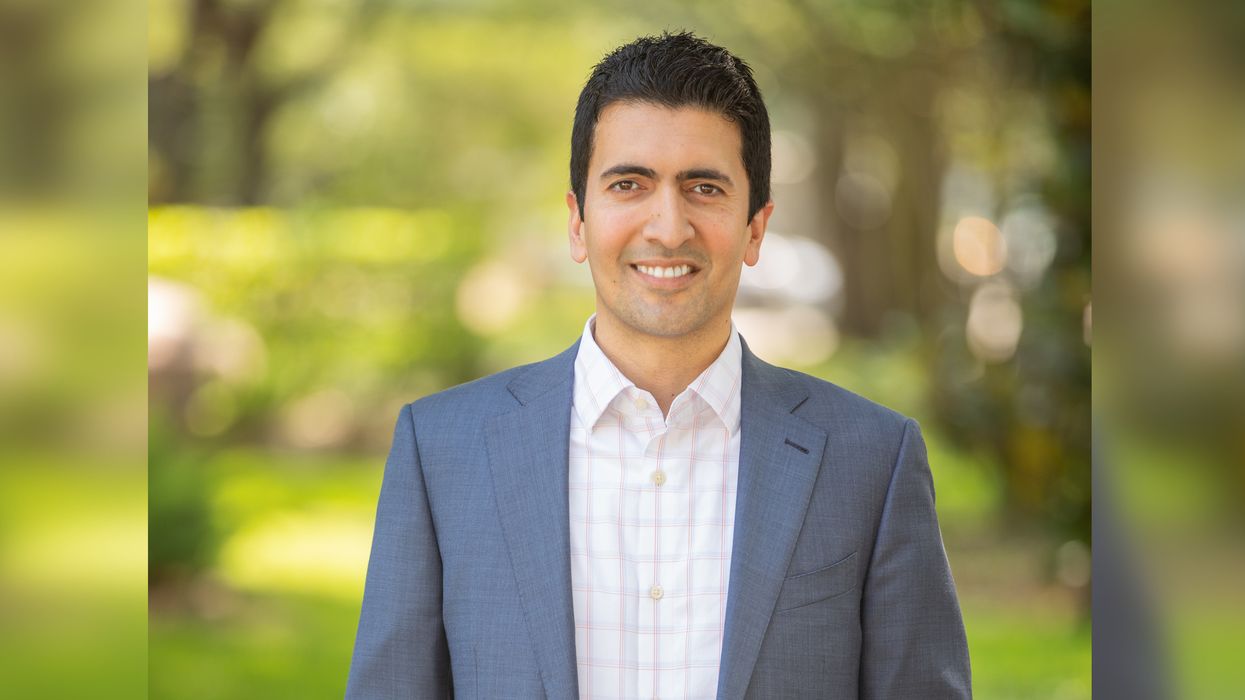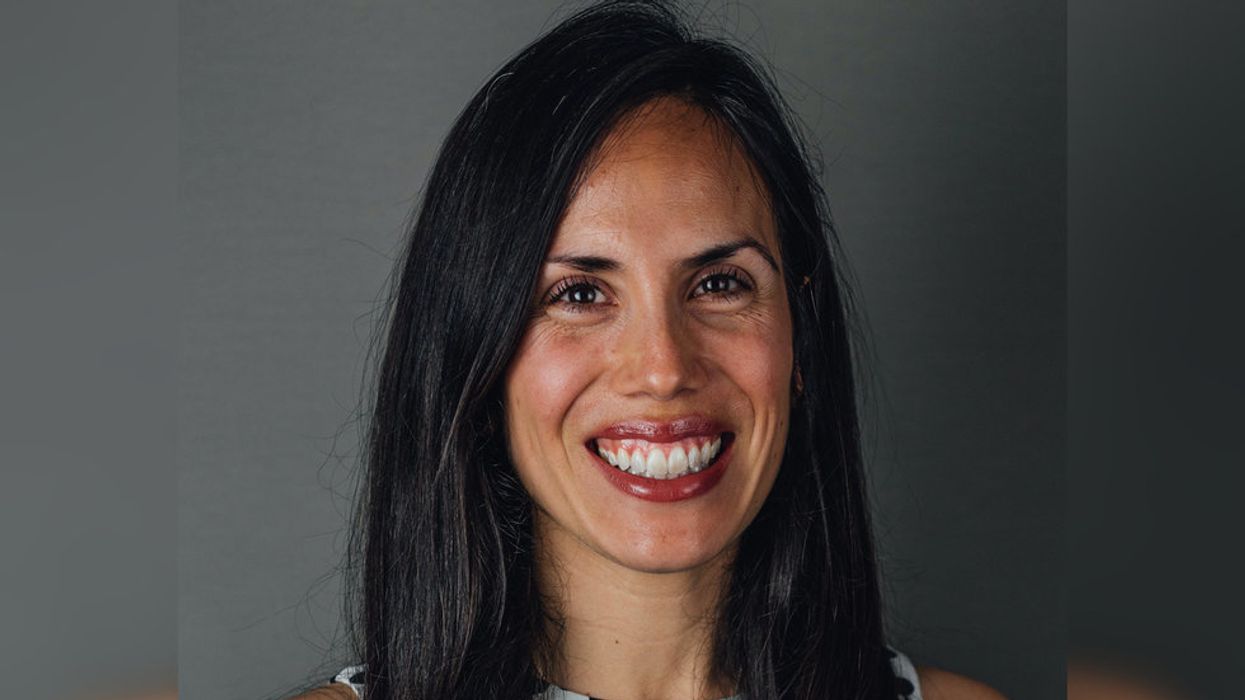In the energy capital of the world, Houston entrepreneur Jay Bhatty has established a rapidly growing technology hub for the natural gas industry.
Bhatty, a veteran of the natural-gas-trading business, founded Houston-based NatGasHub.com in October 2016 to streamline the traditionally complicated processes of moving natural gas from one point to another, and of unearthing data about natural gas pipelines. After only a little over two years in business, NatGasHub.com already is profitable — a rare feat in the startup world.
The NatGasHub.com platform, which runs on cloud-based software, launched in late 2017. The startup participated in the final accelerator class of the Houston Technology Center; the accelerator program shut down in early 2018.
Bhatty hatched the idea for NatGasHub.com while he was vice president of energy trading at JPMorgan Chase & Co.'s investment-banking arm, where for more than eight years he felt frustrated by the sluggish nature of natural-gas-trading activities.
First off, data about natural gas pipelines — such as whether a pipeline has capacity issues that could trigger a spike in prices — has, for years, been scattered across the web. Now, NatGasHub.com aggregates pipeline data from dozens upon dozens of websites.
Secondly, transferring natural gas from Point A to Point B has historically involved the tedious task of manually typing a "nomination" to enable the sale of natural gas. NatGasHub.com automates that job, freeing up workers' time so they can tackle meatier projects.
Bhatty compares the now-streamlined nomination process to buying an airline ticket on Expedia or booking a hotel room on Hotels.com. Like those travel websites, NatGasHub.com also serves as a one-stop shop, only in this case it offers a single dashboard for selling natural gas. Until NatGasHub.com came along, U.S. companies had relied on cadres of employees to enter natural gas nominations by hand into about 100 gas pipeline websites, and to track gas flow around the clock via spreadsheets and phone calls, Bhatty says.
In a nutshell, NatGasHub.com serves as both a data supplier and a logistics provider for the natural gas industry.
"Software automation has led to reduced costs for our clients," Bhatty says.
As of early December 2018, NatGasHub.com's customer roster featured 32 companies. Bhatty declines to identify the startup's clients, but he says they're well-known names in energy circles. Bhatty says energy producers, utilities, banks, and hedge funds are among the types of clients that benefit from NatGasHub.com.
"We're adding customers at a pretty fast rate," Bhatty says. "We're definitely in growth mode right now."
NatGasHub.com also is adding revenue at a pretty fast rate. From October 2017 to October 2018, revenue soared by 300 percent, while profit skyrocketed by 5,500 percent, according to Bhatty.
NatGasHub.com has accomplished all of that without taking one penny from outside investors, Bhatty says.
The energy industry has taken notice of NatGasHub.com's success. In August, Energy CIO Insights named it one of North America's 10 best energy technology startups for 2018.
Today, NatGasHub.com employs 18 people in Houston. Bhatty envisions the workforce growing to 30 to 35 employees by the end of 2019. Planned expansions into other segments of the energy industry, such as crude oil, and into the Canadian market could bump up that projection. Currently, NatGasHub.com operates only in the U.S.
Among the kinds of workers NatGasHub.com will be hiring over the next year are software programmers, database administrators, and sales representatives.
"It's hard to find any kind of qualified people in this economy with the unemployment rate so low," Bhatty says. "But the good part has been that there's a lot of qualified people who want to work in a startup environment — they want to leave the bigger companies and try something different."




 Apple doubles down on Houston with new production facility, training center Photo courtesy Apple.
Apple doubles down on Houston with new production facility, training center Photo courtesy Apple.